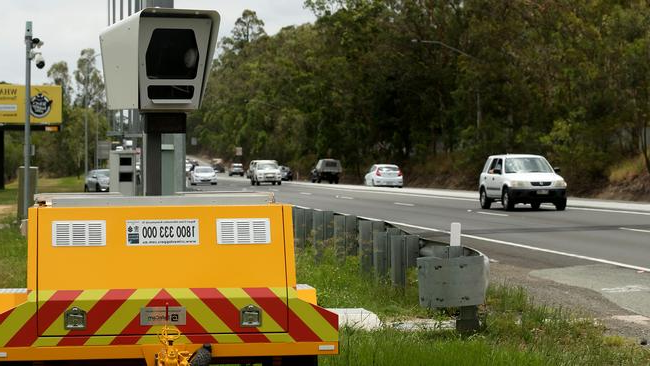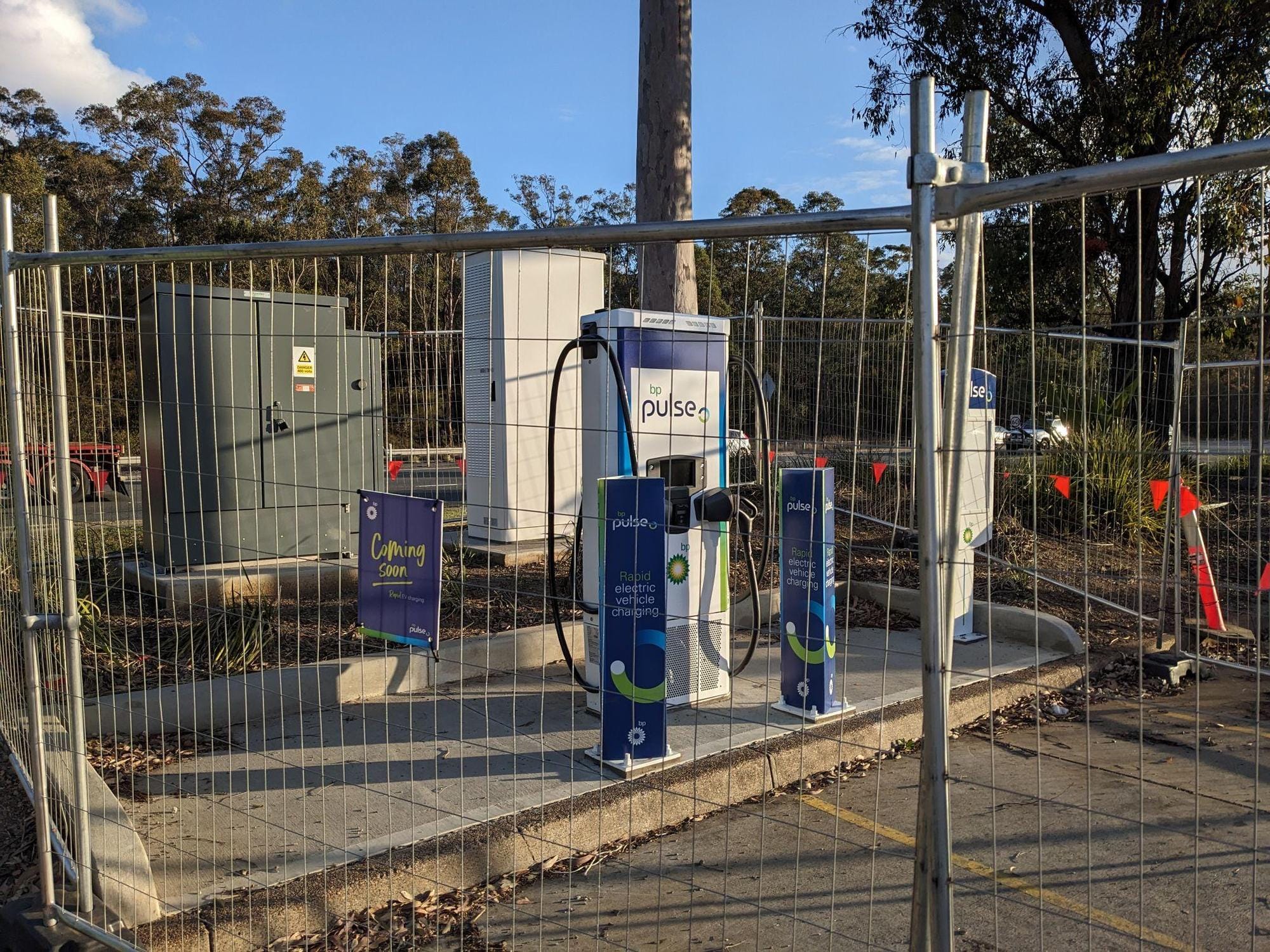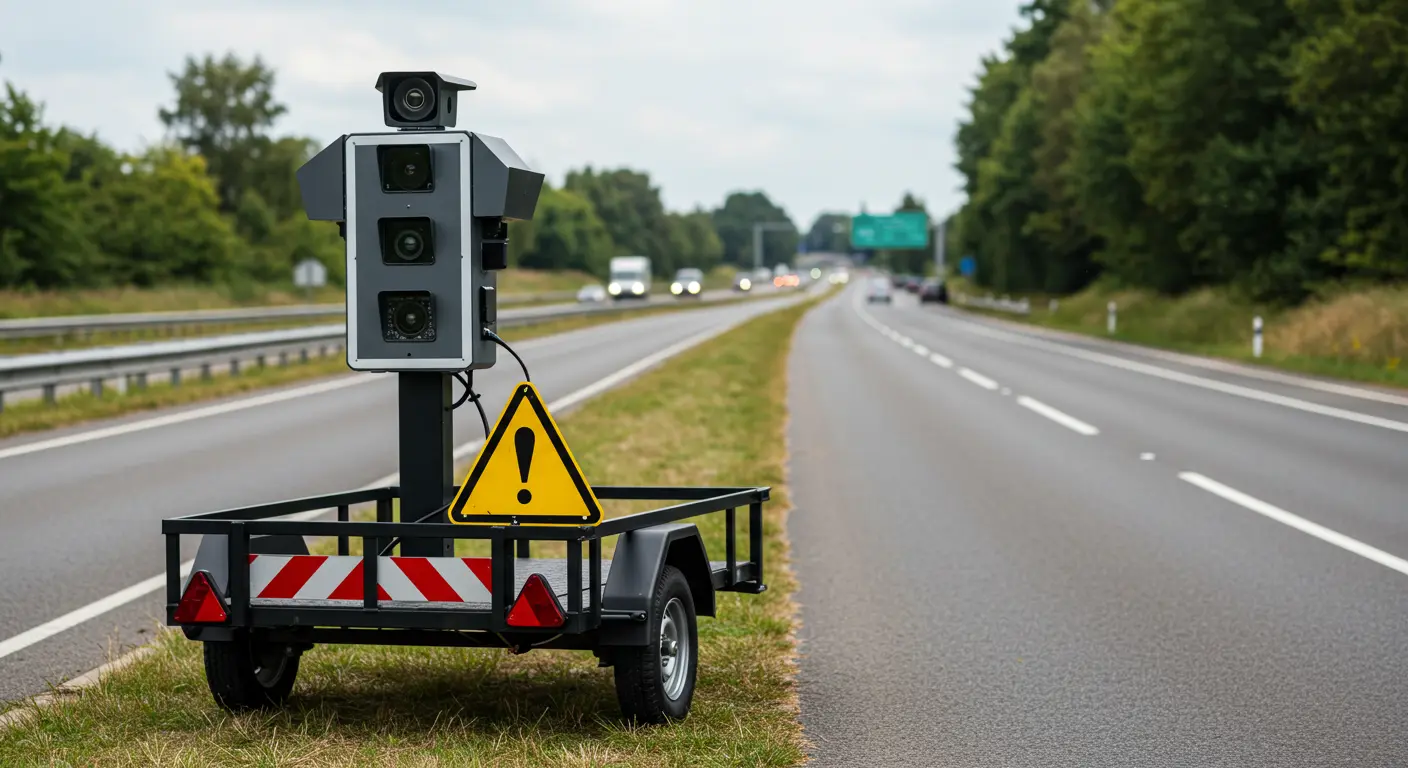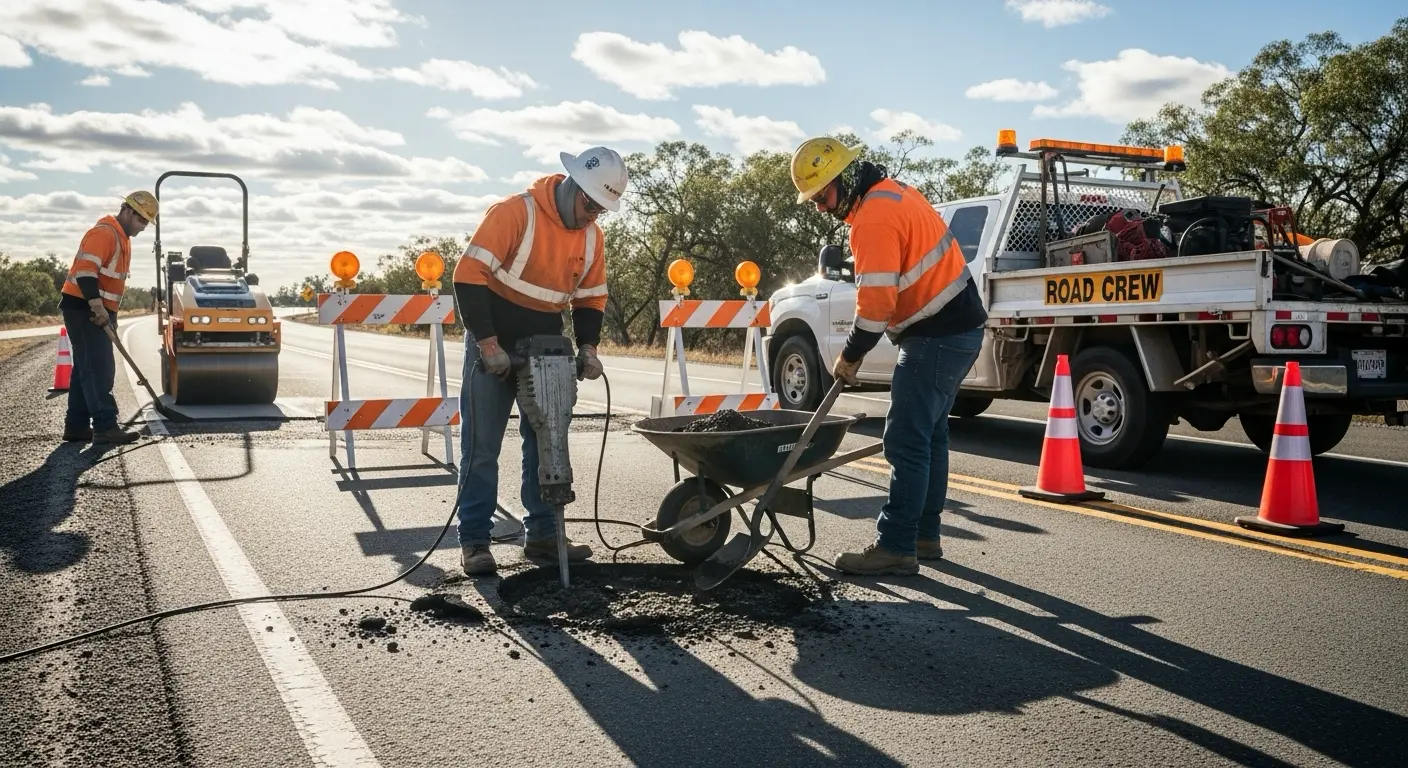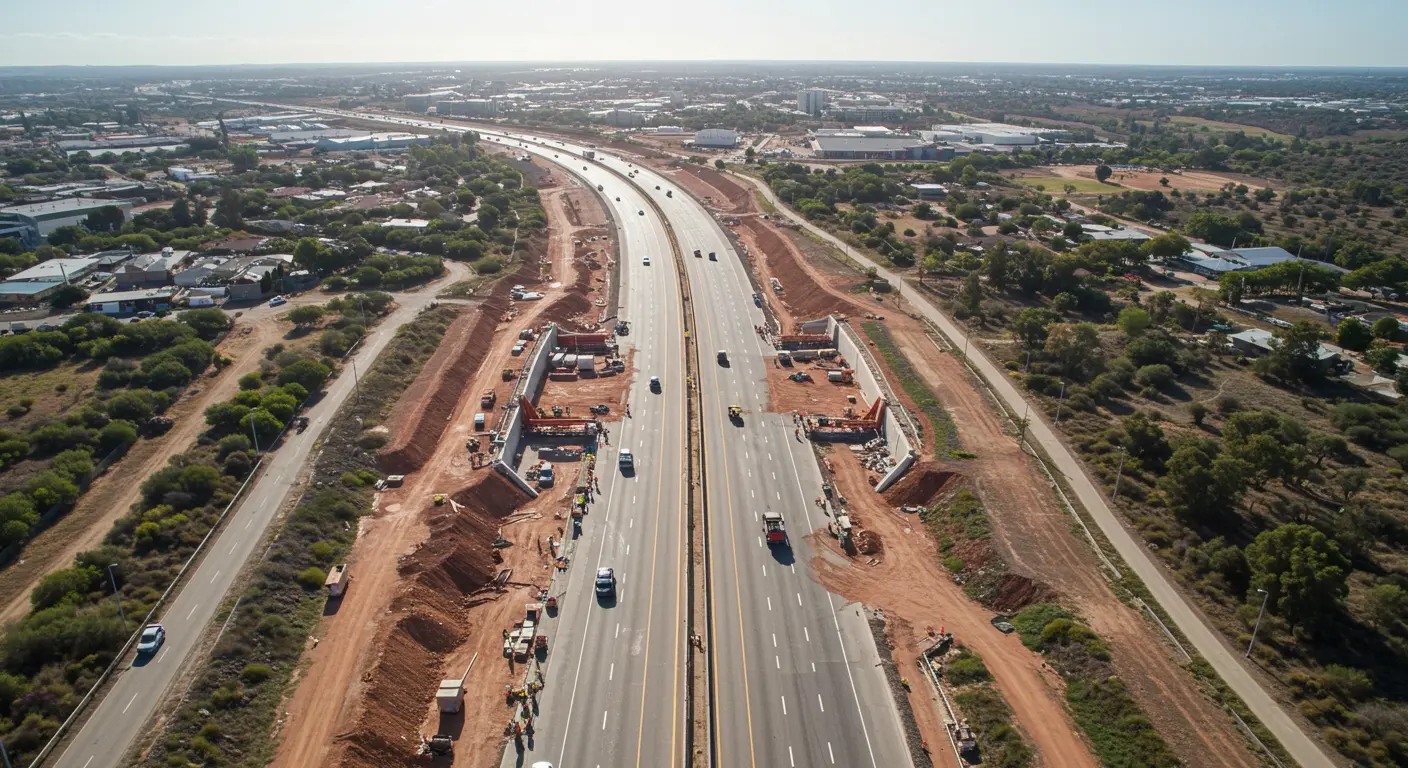As the electric vehicle (EV) revolution gains momentum across Australia, a concerning trend has emerged, threatening to undermine the trust and integrity of the EV charging infrastructure. In what can be described as the modern-day equivalent of fuel drive-offs, a growing number of EV owners are exploiting vulnerabilities in charging station payment systems to recharge their vehicles at a fraction of the actual cost.
The Anatomy of a Scam
Fuel drive-offs (also known as Fail to Pay by NSW Police), a long-standing issue for service stations, involve motorists filling up their tanks and fleeing without payment, leaving the business to bear the loss, which in-turn, lead the start-up of DriveOffAlert that uses AI imagery and CCTV to report incidents across Australia, and share this data across service stations to report and prevent fuel drive-offs.
Disturbingly, EV charging stations have proven to be even more susceptible to fraud than their petrol counterparts. The pre-paid nature of these stations, combined with their often secluded locations, has created a perfect storm for unscrupulous individuals to game the system.
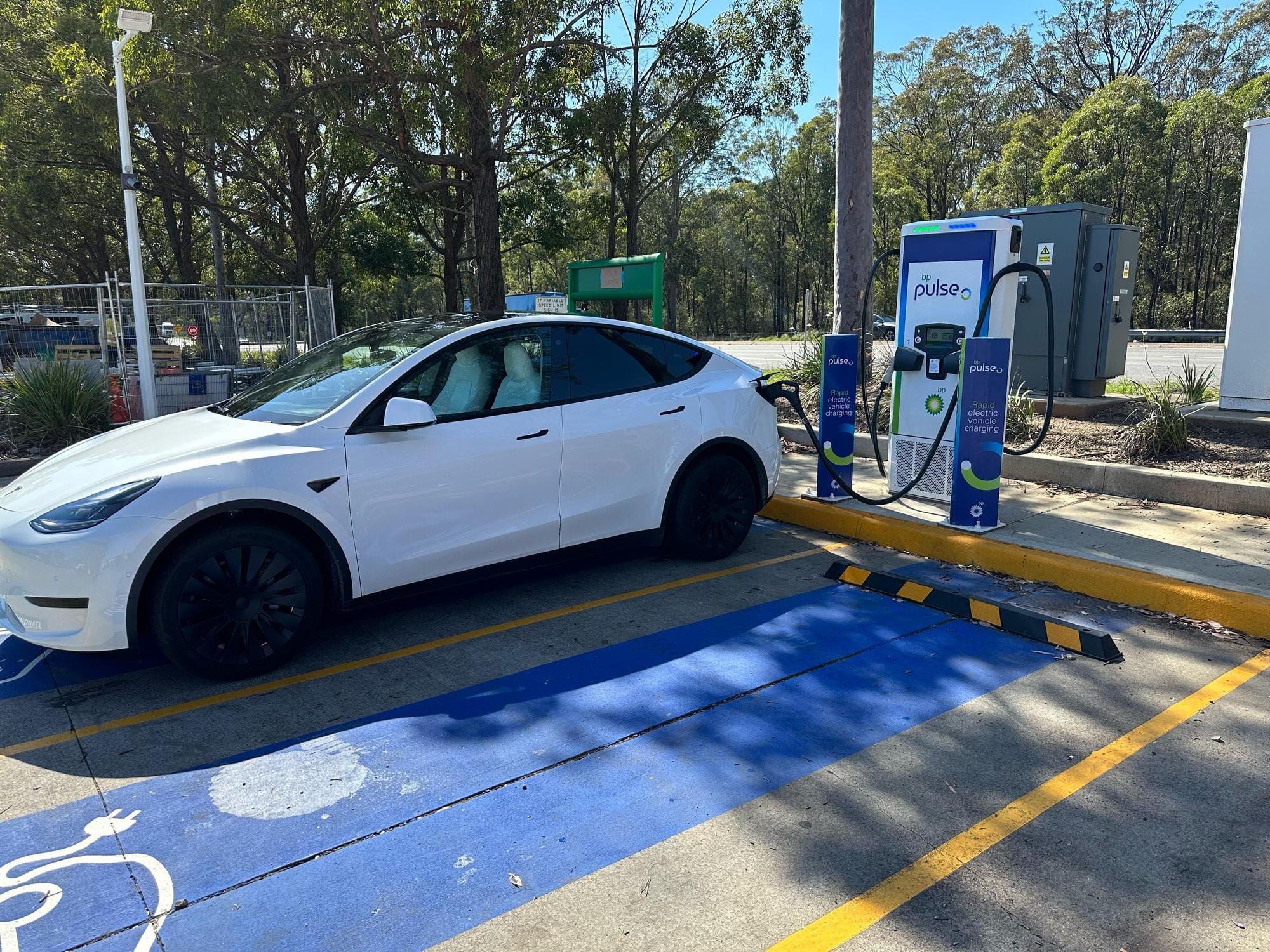
The Enablers: Apps and Disposable Cards
CarExplore.com.au's independent investigation has confirmed the existence of a pervasive "method" used by EV owners to cheat the charging system. Major providers such as BP Pulse, Ampol, and Tesla rely on smartphone apps to control and facilitate the charging process, allowing users to monitor charge status, stop the charge, and, crucially, pay for the service. However, it is this very app-based payment system that has become the Achilles' heel of EV charging security.
The investigation revealed that by exploiting a loophole involving disposable debit/credit cards - ironically designed to prevent credit card theft - EV owners can initiate a charging session with a mere $1 pending charge. Out of the seven EV charging stations tested, the pending payment was found to be either $1 or $25, despite the actual cost of a full recharge potentially reaching $100.
Once the charging session is complete, users simply remove the disposable card from their digital wallet, effectively evading the full payment. This process is then repeated, allowing them to enjoy low-cost or even free charging sessions indefinitely.
The implications of this fraudulent behavior are far-reaching. Not only does it result in significant financial losses for charging station operators, but it also erodes trust in the EV charging ecosystem. As word of these exploits spreads through social media, more individuals may be tempted to engage in this unethical practice, further compounding the problem.
A Call to Action
To combat this growing threat, immediate action is required from all stakeholders in the EV industry. Charging station providers must invest in enhanced security measures as they have done with DriveOffAlert, and improve video surveillance, real-time monitoring of transactions, and more robust payment validation systems. App developers must work to close loopholes and implement additional safeguards to prevent the misuse of disposable payment methods.
The Road Ahead
As Australia continues to embrace the EV revolution, it is imperative that the integrity of the charging infrastructure remains intact. The rise of EV charging fraud threatens to undermine the trust and confidence that is essential for widespread adoption of electric vehicles. Only through a concerted effort to address these vulnerabilities can we ensure that the benefits of cleaner, greener transportation are not overshadowed by the specter of theft and deceit.
CarExplore did reach out to BP and Ampol for comment, but did not receive a response at the time of publishing.
